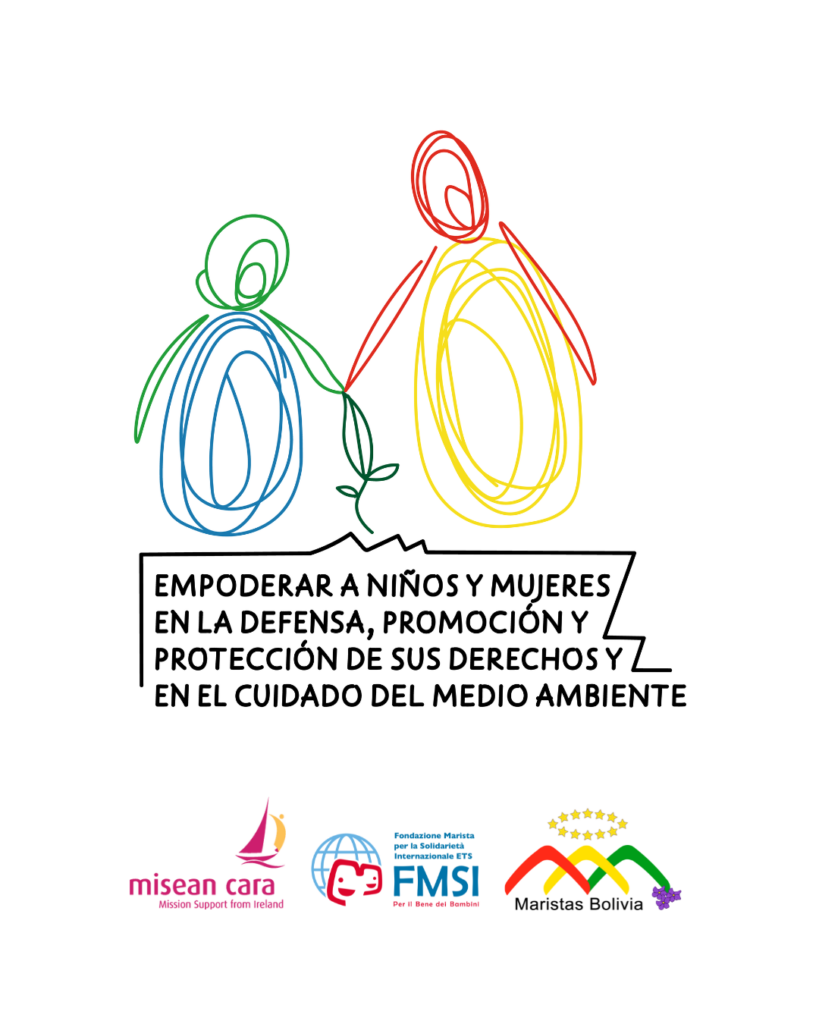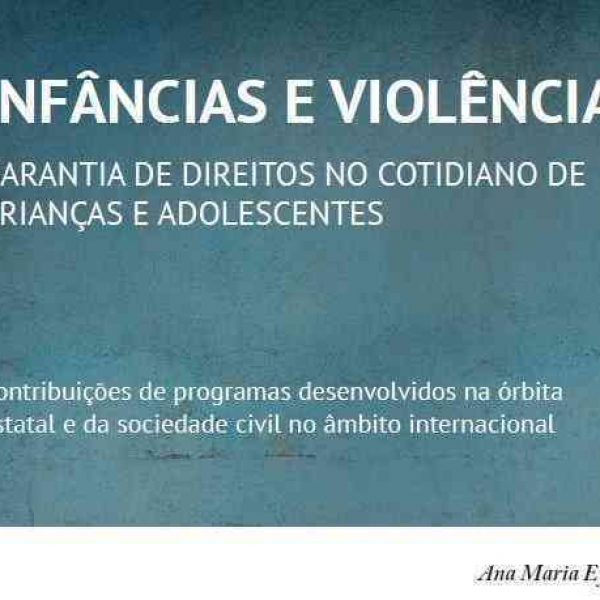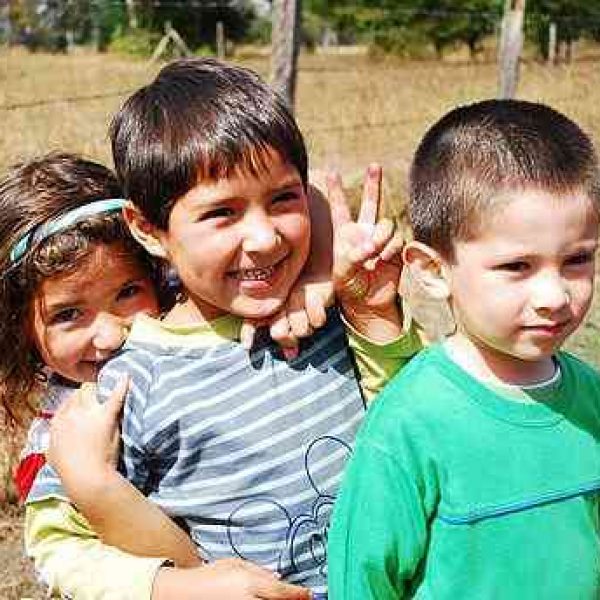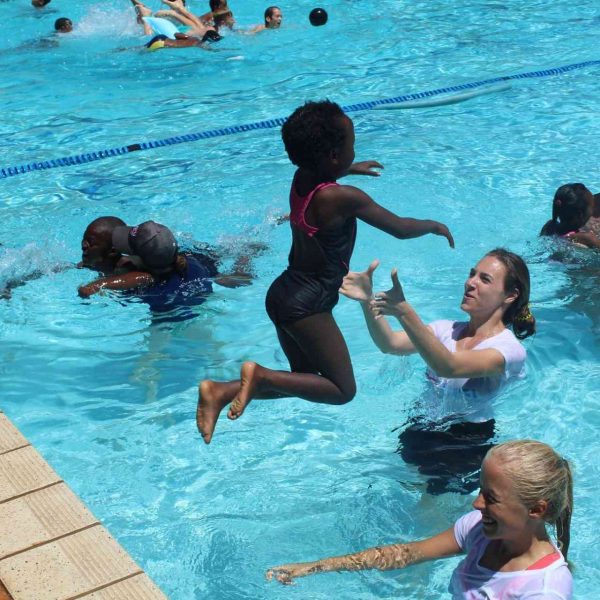















Empowering Children and Women in Bolivia: Marist Commitment to Rights, Dignity and Sustainable Change
The one-year project “Empowering children and women in the defence, promotion and advocacy of their rights and in the care of the environment” has just come to a close, marking the culmination of twelve months of intensive work, deep community engagement, and transformative action across Bolivia. Implemented by the Marists with a strong child-centred and rights-based focus, the project generated significant and lasting results for children, adolescents, women, educators and entire communities. Its impact demonstrates how a coordinated, compassionate and justice-oriented approach can bring meaningful change to the lives of those most affected by inequality, violence and exclusion.
In Bolivia, where structural inequalities, child labour, and gender-based violence continue to shape the daily lives of thousands of children and women, the project emerged as a vital and timely initiative. Designed and implemented with a child-centred lens and grounded in the Marist tradition of solidarity, it placed the dignity, agency and protection of vulnerable populations at the heart of every action. Over the course of its implementation, it generated transformative results for children, adolescents, women, educators, families and entire communities.
Rooted in a rights-based approach, the project addressed intertwined realities that affect children’s development: the persistence of child labour, the normalization of violence, the weakness of institutional protection mechanisms, and limited opportunities for children and adolescents to participate meaningfully in decisions that concern their lives. Children were not passive beneficiaries, but rather protagonists, leaders and agents of change. Their voices, experiences and aspirations guided the structure and the rhythm of the intervention, ensuring that every activity responded to real needs and promoted genuine empowerment.
One of the most significant achievements of the project was the creation of safe and participatory environments in which children and adolescents could learn, express themselves and take collective action. Through structured training spaces, school mediation programmes, and leadership workshops, young people gained knowledge about their rights and the tools necessary to defend them. Many of them went on to lead initiatives in their own schools and communities, raising awareness about child protection, conflict resolution, and the eradication of child labour. Their engagement demonstrated not only personal growth but also a broader shift in community attitudes towards the role and potential of young people in public life.
The project’s work with women – particularly survivors of gender-based violence – was equally impactful. Workshops delivered in collaboration with local organisations provided hundreds of women with the knowledge, confidence and support needed to seek justice, understand their rights and break cycles of violence. These spaces also included sessions with men and fathers, provoking essential reflection on masculinities, respect and shared responsibility within families. By strengthening both prevention and response capacities, the project contributed to building safer environments for women, girls and boys, especially in rural and peri-urban areas where institutional support is often limited.
Education, in all its dimensions, remained a central pillar of intervention. Teachers and school leaders received specialized training in safeguarding, mediation and rights-based pedagogy. This strengthened not only individual competencies but also the institutional culture of Marist and partner schools. The establishment of school mediation programmes in multiple educational units significantly improved coexistence, reduced violence and offered students peaceful and restorative ways to resolve conflicts. Furthermore, the integration of ecological education – through school gardens, reforestation activities and the installation of solar panels – enabled children to learn and practice environmental stewardship while improving nutrition and promoting sustainability in their communities.
A defining characteristic of the project was its capacity to connect local realities with national advocacy. Children, adolescents and young workers took part in an organized process to develop a political advocacy document addressed to candidates in the Bolivian national elections. Supported by universities, civil society organisations and Marist educators, the young participants articulated clear, evidence-based demands related to the eradication of child labour, the strengthening of protection systems and the need for public policies that genuinely respond to their lived realities. Their leadership demonstrated a profound cultural and political shift: children and adolescents were no longer perceived solely as recipients of decisions, but as capable contributors to the construction of public agendas.
This project’s focus on the most vulnerable groups – children in rural communities, working children, homeless individuals, mothers in situations of violence, young offenders, and families living in the margins – revealed the depth of the Marist commitment to “walking with children and youth on the peripheries.” The intervention not only offered support but also generated belonging, restored dignity, and cultivated spaces where every person felt seen, valued and capable of shaping change. In many cases, participation in activities translated into stronger family relationships, safer school environments and improved emotional well-being for children and youth who previously lacked protective networks.
The collaborative nature of the project was another decisive element of its success. Partnerships with academic institutions, civil society organisations, local committees, faith-based groups and community movements enriched the methodology and ensured that each action was informed by diverse expertise and grounded in local realities. The alliances forged throughout the year extended the project’s reach and introduced sustainable support structures beyond the funding period.
Each activity was designed to promote inclusion, participation and social responsibility. The approach combined training, awareness-raising and practical action.
By the end of the project, the following achievements were recorded:
- 60 teachers were trained to become facilitators of school mediation, helping students to resolve conflicts peacefully and build more inclusive environments;
- 259 adolescent and youth leaders took part in courses and then promoted initiatives in their schools on the protection of children’s rights;
- 360 teachers and 890 student leaders were involved in follow-up activities, putting new methods into practice within their institutions.
Parents also played an important role:
- 401 of them joined school initiatives and helped to educate other parents about child protection;
- a group of 100 working children were directly involved in advocacy initiatives, learning to share their experiences and advocate for their rights;
- 167 men and 944 women trained on gender equality positive masculinities and mutual respect;
- the environmental component was visible in ten schools that created community gardens, while 5,000 seedlings were planted for reforestation.
As the project concluded, it became evident that the most meaningful impact lay not only in the numbers – impressive as they were – but in the profound shift it generated in mindsets, behaviours and community practices. Children and adolescents who once felt voiceless became confident advocates. Teachers who struggled with classroom conflicts became mediators and peacebuilders. Women who had suffered violence found support systems that empowered them to reclaim their rights. Schools that had limited environmental capacity now cultivate gardens, plant trees and integrate ecological education into their daily life. Communities that were previously fragmented around issues of violence and inequality now share a renewed commitment to building safer, more inclusive and more just environments for all.
The project stands as a strong testimony to the transformative power of a child-centred, rights-based and community-driven approach. It also reaffirms the Marist conviction that every child carries immense dignity and potential, and that society has the moral and legal duty to safeguard their rights and support their growth.
Through education, advocacy, protection and participation, the initiative has laid a solid foundation for long-term cultural change in Bolivia – one where children and women are not merely protected, but empowered, and where solidarity becomes a lived expression of justice, compassion and hope.





